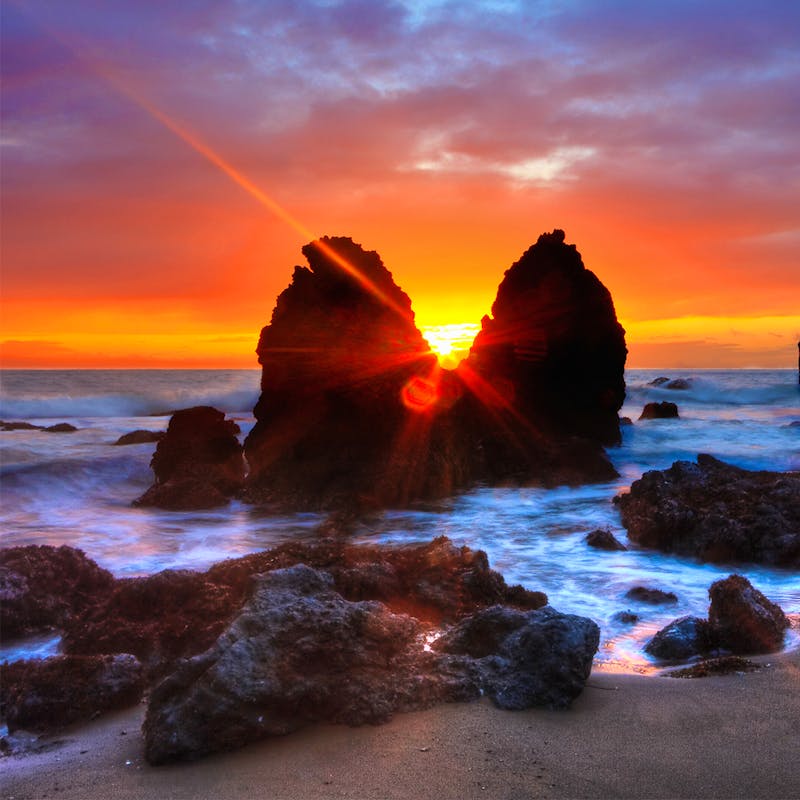Yesterday, NOAA Fisheries announced that a newborn North Atlantic right whale had been spotted near Wassaw Island, Georgia, making it the 13th calf of the 2020-2021 calving season. The newborn was accompanied by its 14-year-old mother. This calf is the mother’s first.
The sighting comes just days after the 11th and 12th calves of the season were spotted near Amelia Island off Florida’s coast. All together, these births represent the best calving season the critically endangered species has had in years. Between 2017-2020, only 22 new calves were recorded. This year, with more than two months in the calving season remaining, officials are hopeful that more calves are on the horizon.
“While these births are an encouraging sign, the continued threats underscore that we still have to redouble our efforts to protect these vulnerable babies and their mothers,” said Jane Davenport, senior attorney at Defenders of Wildlife.
Since 2017, the North Atlantic right whale has been experiencing an Unusual Mortality Event, with 32 confirmed mortalities and 14 serious (non-survivable) injuries in U.S. and Canadian waters. These deaths have stemmed from two human threats: entanglements in commercial fishing ropes and vessel strikes. Within the first few weeks of January, a severely entangled right whale was spotted off Georgia’s coast, dragging rope and fishing gear through the heart of the calving grounds.
“Right whales face a daily gauntlet of fishing ropes and speeding vessels, which together have caused the deaths of more than 200 right whales in the last decade alone,” said Davenport. “We’re killing right whales far faster than they can reproduce. Unless we move quickly to abate these threats, we’re running out of time to save the species from extinction.”
In 2020, two of the season’s 10 right whale calves were killed by vessel strikes. On January 13, 2021, Defenders and its conservation allies filed suit to challenge NOAA Fisheries’ longstanding failure to expand federal regulations establishing slow-down zones to protect these vulnerable whales. The agency has 60 days from the filing date to respond.
Scientists estimate that around 356 right whales were alive at the end of 2019. Of those, fewer than 70 adult females are left.
For over 75 years, Defenders of Wildlife has remained dedicated to protecting all native animals and plants in their natural communities. With a nationwide network of nearly 2.1 million members and activists, Defenders of Wildlife is a leading advocate for innovative solutions to safeguard our wildlife for generations to come. To learn more, please visit https://defenders.org/newsroom or follow us on X @Defenders.
Media Contact
News

Defenders Statement on Trump Rollback Opening Marine Monument to Fishing Industry


